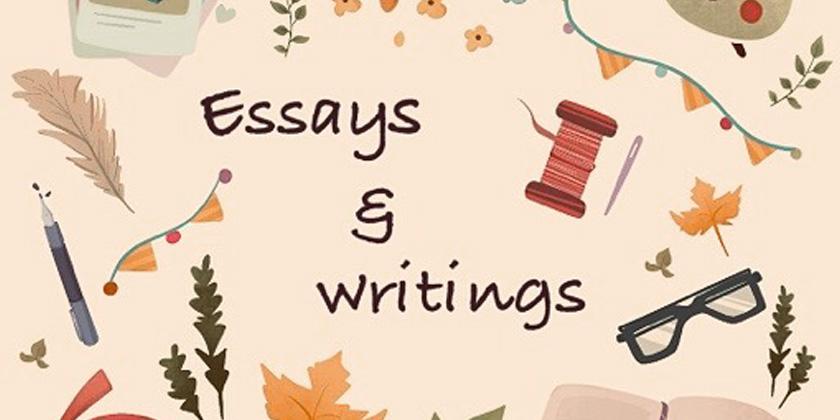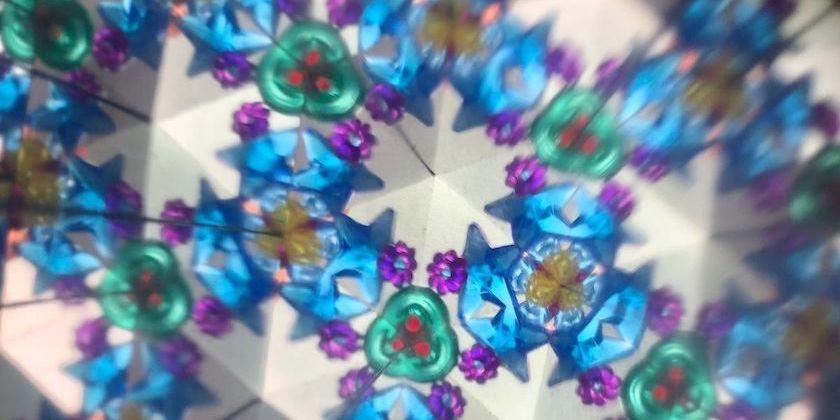“The secret of change is to focus all of your energy, not on fighting the old, but on building the new.” – Socrates
Life is precarious, fragile, volatile beyond any reckoning – and in the last two years, nothing has brought that home more closely than the double whammy of a global pandemic plus the Ukrainian war. It has been a time of unprecedented change, mostly negative change, barring the small blessings of greening and rewilding of our urban spaces during the various lockdowns.

At the time of writing, more than 600 million have got ill from the virus and the death toll has risen to 6.5 million plus. The world has had to cope with an unparalleled level of physical sickness, income losses, isolation. To grapple with new, unthinkable formats of grieving and last rites – a corrosive lack of closure and therefore of healing. Lockdowns in many nations have put lives on hold, disrupted careers and shrunk or shattered economies.
Just when the Covid vaccines were supposed to help the world recover from this unprecedented plague, the sudden-onset Ukrainian war has sent it into a tailspin. The total number of refugees fleeing conflict zones is estimated at 100 million by UNHCR, a record high in 2022. In short, a hefty slice of the global population have had their lives disrupted by disease and/or turned upside down by war. The drama quotient has been upped by leaps and bounds and certainly not in a good way.
Therefore, the rest of us must feel keenly aware of and deeply thankful for every shred of normalcy that remains. We are glad of the very mundane personal events anchoring us to our routines, to a normal everyday life. Thankful for getting up from the same bed in the morning and being able to grab a coffee from the same barista. So many cafés and other businesses have closed down, people and landmarks we navigated our times and spaces by, have gone out of our lives abruptly.
So the humdrum routine is no longer an irritant, on the contrary, routine is not to be pooh-poohed. Rather it is become a thing to marvel at – this new normal, when boring is prized, where mundane has been suddenly catapulted to extraordinary, notched up as miraculous. The 2020s so far have made it amply clear that an everyday life can no longer be taken for granted. These devastating times have tempered ‘everyday’ to something that must be lived consciously, observed, marked, celebrated even. As we emerge from the pandemic years, we will have to review and recreate how we live and work and use our leisure, what to discard from the old ways, what to retain, and repurpose them to fit this new normal.
No Narrative Arc
“I can shake off everything as I write; my sorrows disappear, my courage is reborn.” – Anne Frank
Some of us are probably doing that through writing – living, observing and reviewing the small details of everyday life, processing and re-evaluating things pre- and post-pandemic. However, writing about everyday need not always be a celebration, or even a life lived consciously. It is not necessarily a life lesson and a merry epiphany per paragraph. Journaling can and does mean different things to different people. Writing can be as routine as keeping bills, filing returns, keeping up a regular correspondence and typing a business report. These are no celebrations, though there may be a feeling of satisfaction in completing any task which is well done. Toting up expenses at the end of a day can be an act of closure. So can a business report at the end of a project.
Writing is often used as therapy – studies have shown that regular journaling, apart from imparting the obvious benefits of better communication, organization and memory, can also reduce stress, improve immunity and sleep. Writing, like art, helps make sense of trauma equally as often as it celebrates the miraculous yet imperfect and transient events of daily life.
Thus writing is no longer the prerogative and the pastime of writers, it has become a tool for self-care. In this capacity, writing is not necessarily expressive or coherent, it is observing one’s own life and setting it down in one’s own words. It has no creative agenda, nor does it have a narrative arc because it is not a story – it is not striving towards a climax and/or adherence to rules. It doesn’t have to be smart, or even art. In other words, there is no higher purpose. No causes, no consequences, no explanations – things are just as they are.
Don’t let this pass!
“One glance … and you hear the voice of another person, perhaps someone dead for 1,000 years. To read is to voyage through time.” – Carl Sagan.
Reading, like writing, is many things to many people, we read for myriad reasons – to learn, to get informed and to be entertained. But pared back to the essentials – reading is a transaction, it provides a possibility, a chance to experience the inexplicable delight of a human connection, because the most direct one-on-one connection to someone who is not physically present, is offered by his written word. That connection, if and when it is formed, transcends international borders and time zones. Referencing that quote by Sagan, reading is voyaging through a space-time continuum, not just time. And good reading expands our horizons and gives us a fresh perspective. It can make us feel less lonely. It can uplift, validate, inspire and impel us to action. It can change minds and lives.
So why should you, the reader, stop by here at TDLM? What’s in it for you? Here we offer essays on the unremarkable aspects of everyday lives. Things that are the opposite of monumental and overarchingly significant. Things that you too may not have noticed before. Or those that get buried so deep that you forget about them in the stresses and strains of life, so that unearthing them again is a gently captivating rediscovery. We write on things that showcase the beauty in small, everyday events and objects, like opening up an oyster and coming upon the inner mother-of-pearl lining of the shell.
It is like suddenly chancing upon a treasure trove of curated pages from everybody’s blogs from around the world. A surprise chance to experience that thrilling connection between two like-minded people, separated by unknown distances and years, yet bound together by a shared language and a common humanity. A chance to be entertained, certainly. To get a fresh perspective, almost definitely. And possibly broaden horizons while we are at it. Will it totally transform your life? No guarantees! But it might just enrich it in infinitesimal ways. Can you afford not to take that chance?
Author: Nilanjana Bose
[Author; Chartered Institute of Marketing, UK; Mathematics]
Illustration: TDLM Design Team











 Report This
Report This
Leave a Reply
You must be logged in to post a comment.